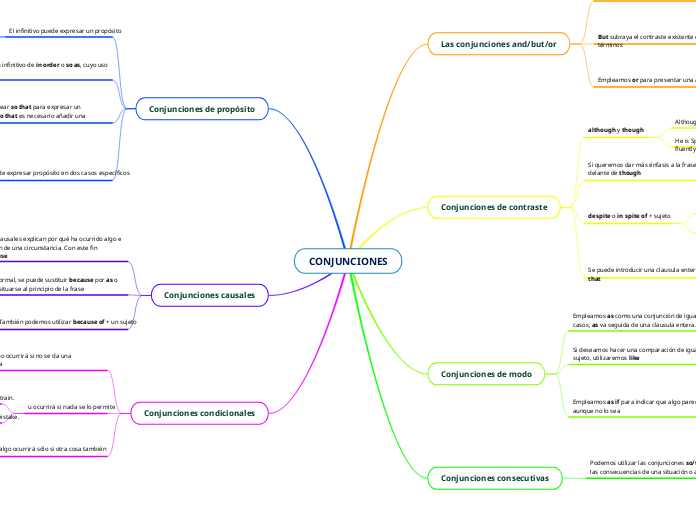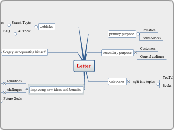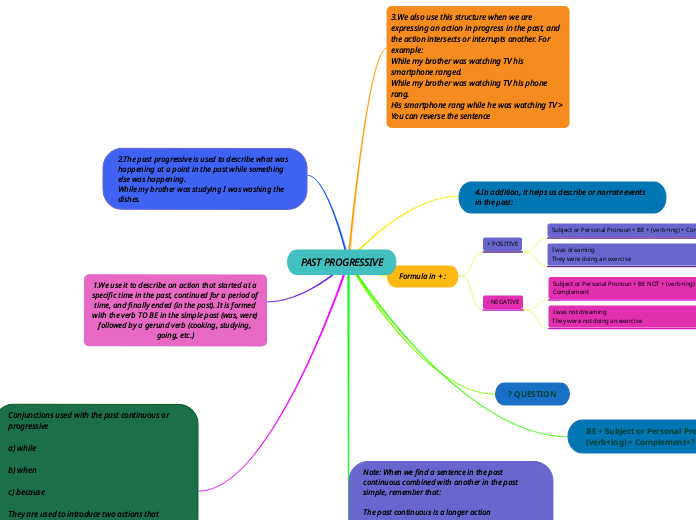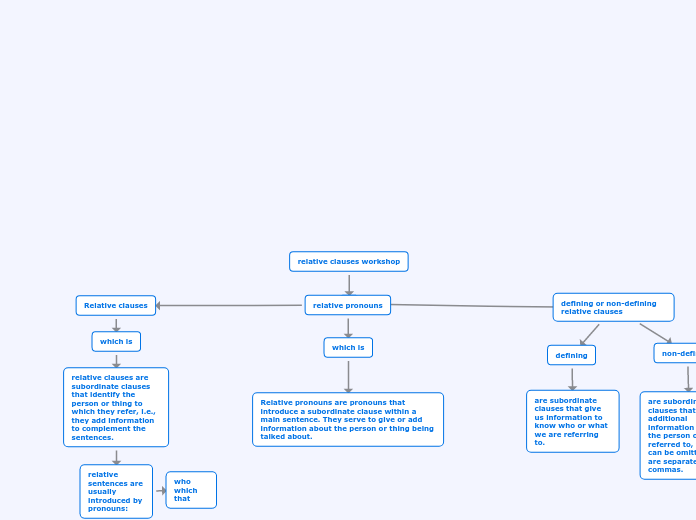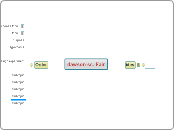af Raymond Ramos 2 år siden
204
CONJUNCIONES
Conjunctions are essential in connecting clauses and expressing various relationships between ideas. They can indicate purpose, alternatives, contrast, or conditional scenarios. For instance, infinitives can express purpose, such as "
